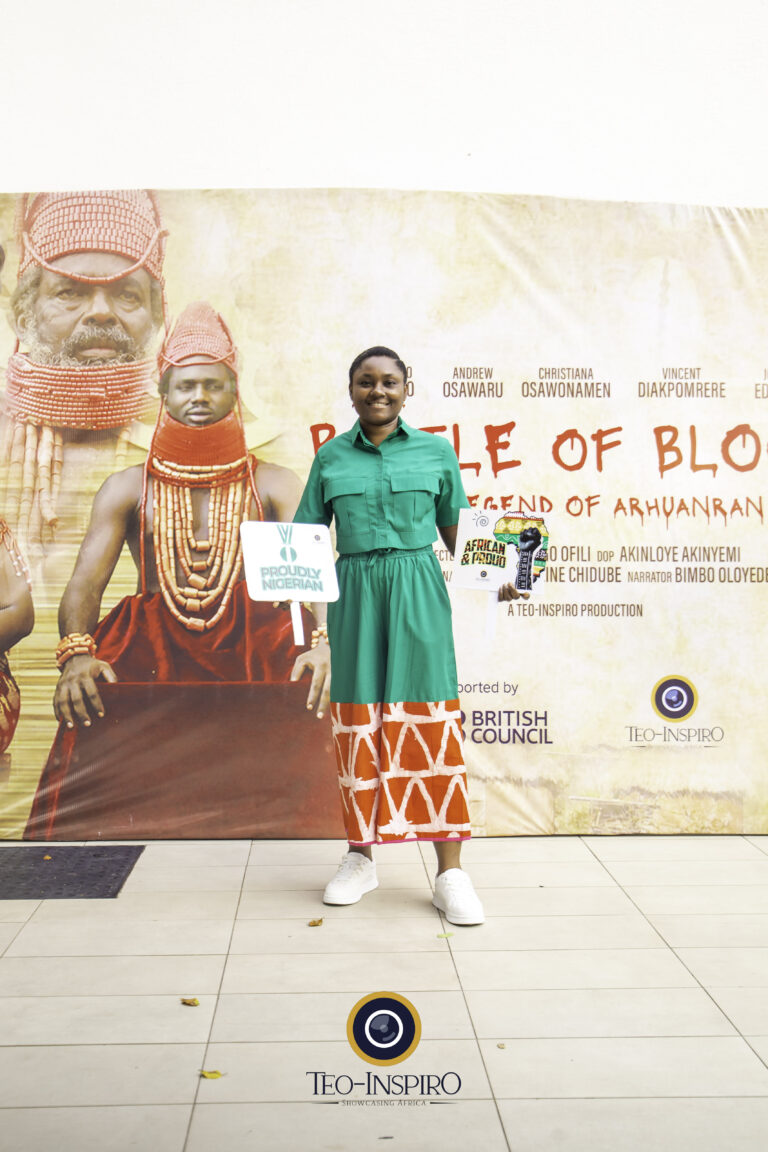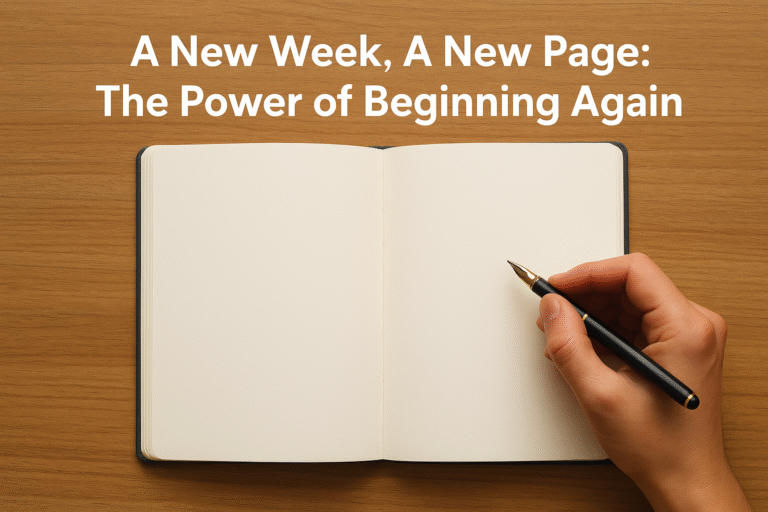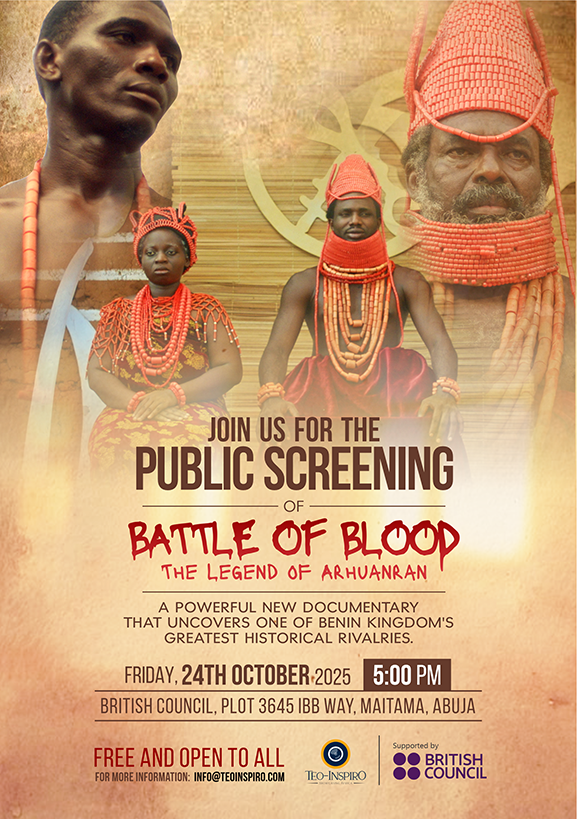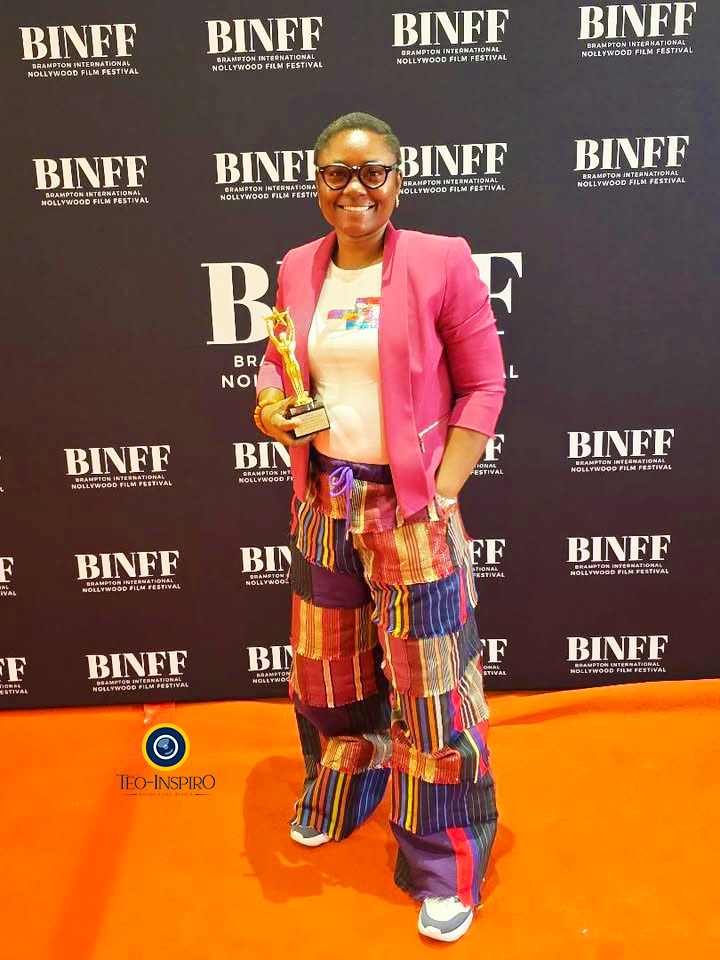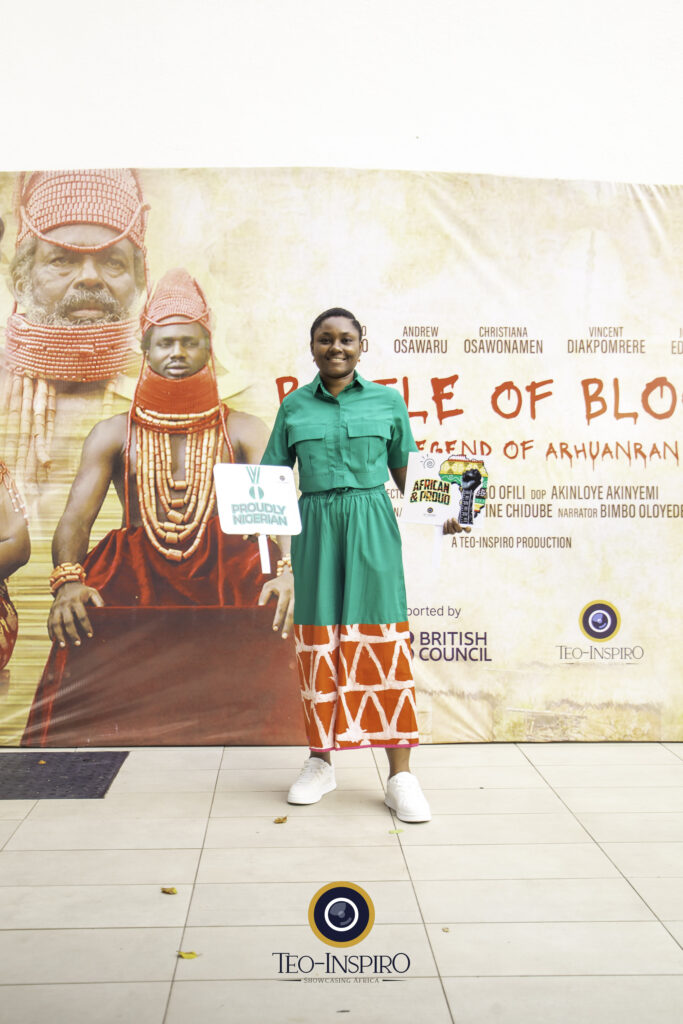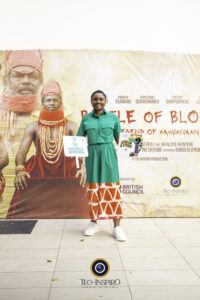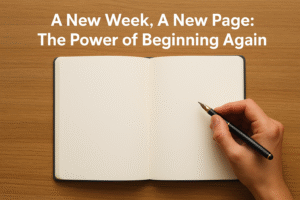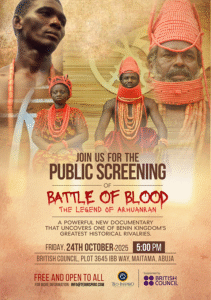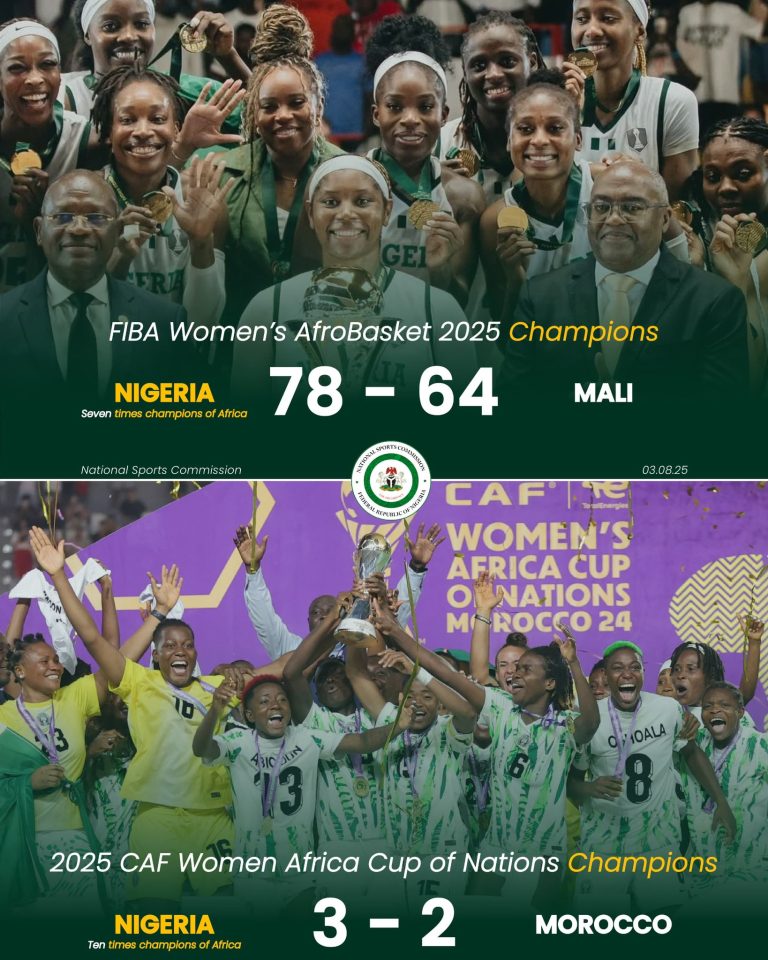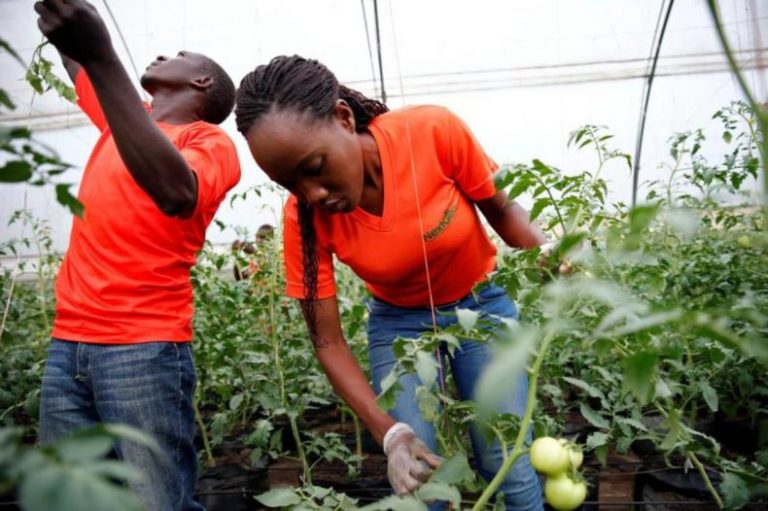The Doing Business index is a ranking index system, created by the World Bank Group, which indicates the regularity environment of businesses. A higher ranking, which is indicated by a lower numerical value, specifies a stronger protection of property rights, and visa versa.
The World Bank has annually been measuring the quality of worldwide business environments, for the past fifteen years, with its Doing Business ranking system. Over 190 economies have been scrutinized on criteria including: electrification and ease of business creation, the tax burden and the protection of property rights.
Doing Business measures regulations of the labour market (which has not been included in this year’s ranking) and for eleven areas in the life cycle of a business. Ten of these areas have been included in this year’s ranking on the “ease of doing business”. They are:
- Starting a business.
- Obtaining a building permit.
- Connecting to electricity.
- Transferring ownership.
- Getting credits.
- Protecting minority investors.
- Payment of taxes.
- Cross-border trading.
- Enforcing contracts.
- Resolving insolvency.
Following this criteria here are the top ten African economies, as ranked in the 2018 Doing Business report.
Mauritius

The World Bank has revealed that Mauritius is positioned in 25th place worldwide, and in 1st place in Africa with a score of 77.54. The country is ranked twenty-four places higher this year, from its 49th position in the 2017 Doing Business report.
With a score of 77.54 points (out of a total of 100), Mauritius has improved its ranking in eight of the ten previously mentioned business lifestyle areas. These eight areas include:
- Business creation.
- Obtaining a building permit.
- Connection to electricity.
- Transfer of ownership.
- Payment of taxes.
- Cross-border trade.
- Enforcing contracts.
- Resolving insolvency.
The remaining two areas, which have not improved, are: getting credits and protecting minority investors.

The ranks occupied by Mauritius under these various indicators are as follows:
- Start-up (40th).
- Obtaining a building permit (9th).
- Connection to electricity (51st).
- Transfer of ownership (35th).
- Access to credits (55th).
- Protection of minority investors (33rd).
- Payment of taxes (10th).
- Cross-border trade (70th).
- Execution of contracts (27th).
- Resolving of insolvency (36th).
The World Bank revealed that Mauritius has also implemented four reforms:
- Outsourcing of sewerage design and connection.
- Facilitation of cross-border trade.
- Simplification of ownership transfers – with a reduction of transfer costs.
- The introduction of a recourse mechanism for the publication of service standards.
Rwanda
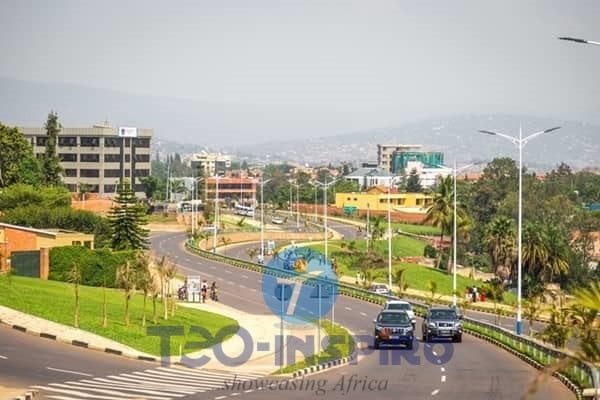
Rwanda emerged in the top 50 countries of the World Bank’s Doing Business report for the first time. Globally, Rwanda is 41st on the “ease of doing business” ranking, compared to the 56th position in last year’s report. In addition, the country has made 52 reforms over the last decade, bringing significant improvements to the environments of business and investment. Notable reforms include that of improving the building permit process, by increasing quality control during construction, with the introduction of risk-based inspections.
Rwanda has made the task of registering goods easier by using online services that facilitate the registration of property transfers. The country has an effective land registry that takes seven days to transfer the property, and it costs 0.1% of the property value. On this indicator, Rwanda is now ranked 2nd in the world.
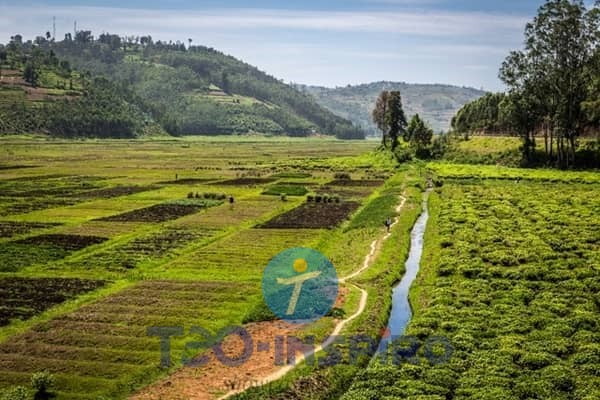
Rwanda has also strengthened the protection of minority investors by facilitating the prosecution of directors. This has clarified ownership and control structures, and demanded greater corporate transparency. Tax policy reforms have also facilitated the payment of taxes by establishing an online system for filing and paying taxes.
Additionally, the report also states that Rwanda has facilitated the execution of contracts. This has been achieved by making judgments in commercial cases, rendered at all levels, accessible to the general public through publication on the judicial website.
Morocco

This report ranks Morocco in 69th position with a score of 67.91 points. Therefore, Morocco confirms its position as a leader in North Africa, ahead of: Tunisia (88th), Egypt (128th), and Algeria (166th).
The kingdom has also managed to climb to the 3rd rank among the Middle East and North African (MENA) countries – behind the United Arab Emirates (21st) and Bahrain (66th), and, for the first time, ahead of the Sultanate of Oman (71st according to the same report). On the African continent, Morocco maintained its 3rd position with a score of 67.91 out of 100. This was determined by the scores obtained in the:
- Creation of companies (92.46 / 100, 17th place)
- Payment of taxes (85.72 / 100, 25th place)
- Cross-border trade (81.12 / 100, 65th place)
- Granting of building permits (79.73 / 100, 17th place)
On the other hand, Morocco lags behind in legal and regulatory indicators, namely:
- Insolvency regulation (34.03, 134th)
- Obtaining loans (45.00, 105th)
- Minority investors (58.33, 62nd)
“Morocco has also maintained its position in the second-best category of countries in terms of ‘ease of doing business’ in the world”, says the department of the Head of Government. They explained that the World Bank has created five categories of countries of which the first includes mainly The Organisation for Economic Co-operation and Development (OECD), countries.
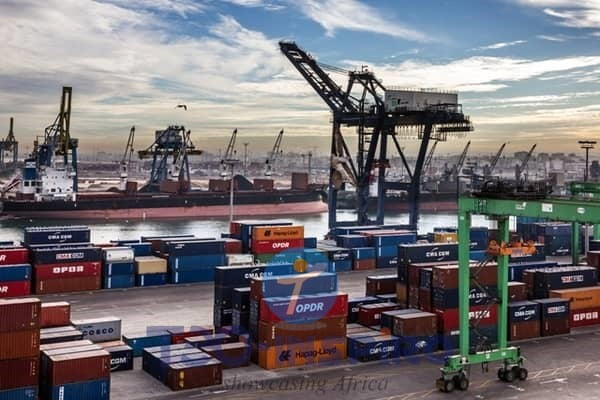
On the basis of the filed reforms, presented by Morocco in July 2017 to the World Bank, it was observed that only two reforms were counted. Regarding the business start-up indicator, the World Bank took into account the reduction of company creation time in Morocco. This followed the abolition of affixing physical stamps with the use of the Integrated Taxation System. As for indication of the payment of taxes, the Doing Business 2018 report welcomes the facilitation of payment procedures through simplifying and generalizing all payment procedures.
Kenya
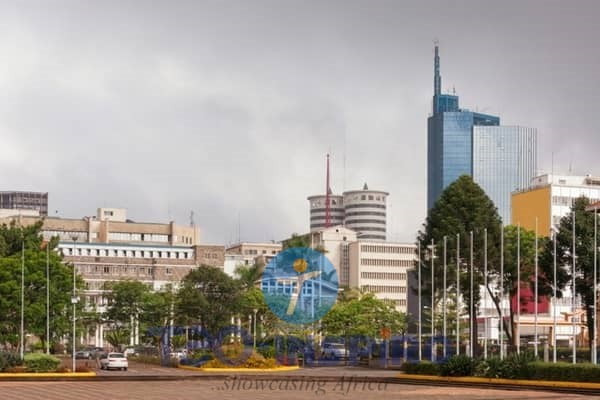
Kenya has gained twelve places in the 2018 Doing Business report by coming in at the 80th position, compared to the 2017 report when it was ranked 92nd.
“The improvements are driven by the government and the private sector in the business environment. Last year Kenya delivered the highest number of business-related reforms on the African continent”, said Adnan Mohammed, secretary of the Industrialization Cabinet.
In fact, Kenya has gained 53 positions over the last three years. The country’s position in the 2018 Doing Business report remains its best performance in the last fifteen years. To put into perspective, Kenya was ranked 113th in 2016.
Because the Kenyan government, in addition to the private sector, wants to be in the top 50 countries by the year 2020, Kenya is working hard to facilitate the process of creating and doing business in different economic sectors. The 2018 report states that Kenya has improved the reliability of electricity by investing in its distribution lines and transformers. Additionally they have also created a power station that restores power when necessary. This improvement has also helped to give easier access to credit information, through the positive involvement of banking institutions.
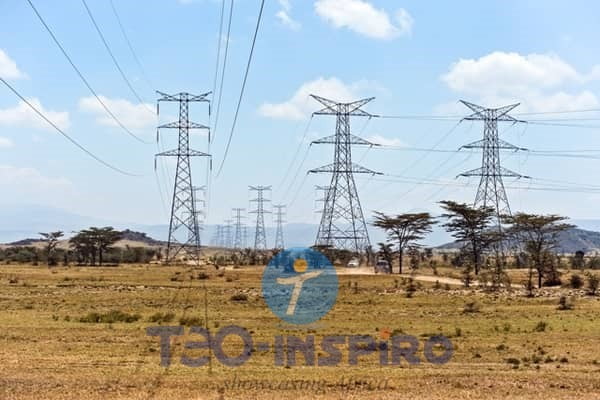
Moreover, Kenyan authorities have made the process of paying taxes easier by creating an online service, iTAX. This provides people with the opportunity to fill in and pay corporate income taxes online. Instead of moving from one place to another to collect different documents, the country has also started a company that offers a “single window”. This decreases the amount of time that it takes to collect necessary documents.
Botswana

While it was marked as the 71st country in the World Bank’s 2017 report, Botswana lowered its status in the 2018 report. It is now ranked at 81 and 5th in Africa.
Economists explain that this drop was caused by the lack of interest to invest in the diamond industry. Investors assume that Botswana does not need international investments. The results show a noticeable decline in the rates of investments from 2015 to 2016 (25% to 30%).
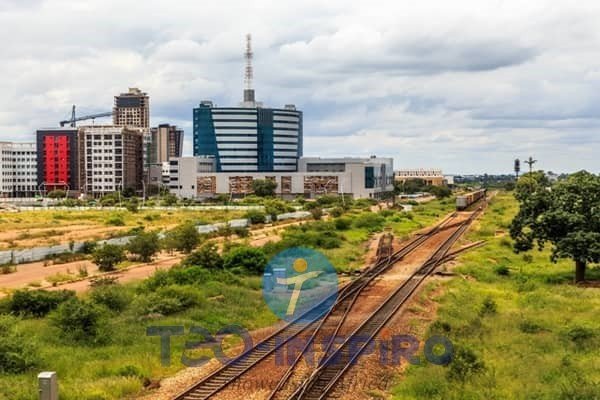
Generally, Botswana’s mining sector attracts the majority of its foreign direct investments. However, investments in the service sector (insurance and banking) are expanding rapidly. Foreign Direct Investment (FDI) comes mainly from the Southern African Customs Union and the European Free Trade Association, as well as from Canada and Zimbabwe. The Doing Business report indicates that Botswana is ranked 47th in terms of paying taxes, 77th in getting credit, 50th in trading across borders, 81st in registering property, and 153rd in starting business.

